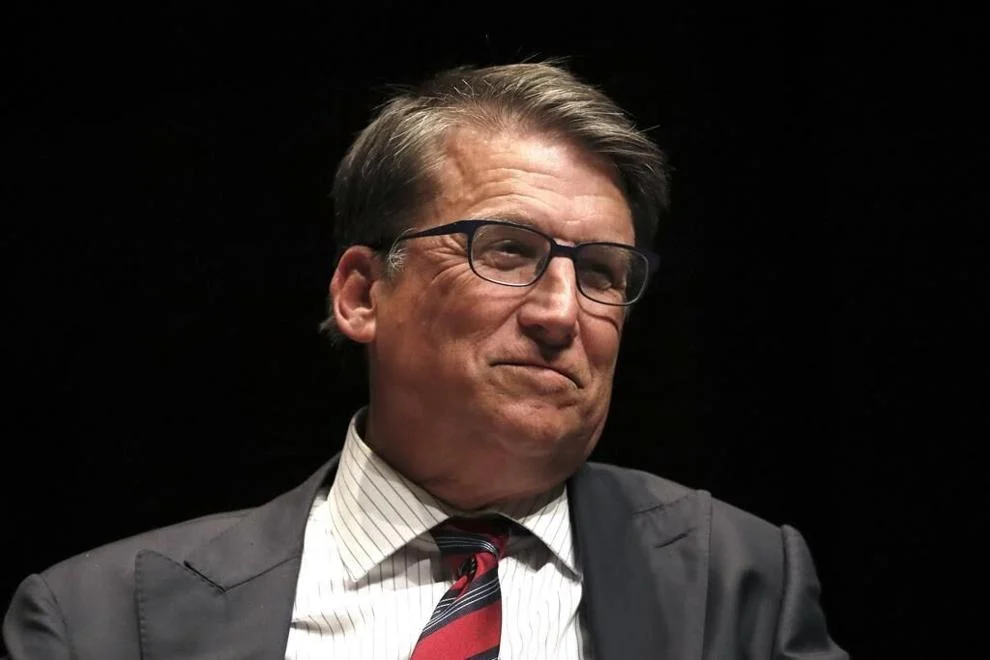
FILE -The case centers around four voters from Guilford and Brunswick County who claim they were defamed by supporters of McCrory in the aftermath of the 2016 election. (AP Photo/Gerry Broome, File)
Attorneys representing voters accused of fraud in the 2016 election voiced concerns to the North Carolina Supreme Court about potential implications for political operatives making voter fraud allegations. The court heard arguments for Bouvier v. Porter, a case involving four voters alleging defamation by supporters of former Governor Pat McCrory after the 2016 election.
Both sides faced questioning from the justices, with uncertainty about the case's timing and implications for future elections. Plaintiffs' attorney Jeff Loperfido noted that the decision would determine the defendants' immunity regarding voter fraud claims, not whether the plaintiffs were defamed. The case stemmed from election protest petitions filed by supporters of McCrory's opponent, Governor Roy Cooper, alleging irregularities, including accusations of double voting by the plaintiffs. The case reached the state Supreme Court after an appeals court ruling in 2021 granted absolute privilege to one defendant, while others were denied. Absolute privilege shields individuals from liability in defamation cases, typically granted in judicial or legislative proceedings.
Defense attorney Craig Schauer argued that the defendants fulfilled a role warranting absolute privilege, warning of adverse consequences if denied. Plaintiff attorney Press Millen urged the court to uphold the appellate decision, arguing against granting absolute privilege to non-participants in the election protest filing. Justices raised concerns about broadening the scope of absolute privilege and questioned the plaintiffs' arguments. Lead plaintiff Louis Bouvier expressed disappointment with the justices' questioning, emphasizing the case's significance amidst current political dynamics.















